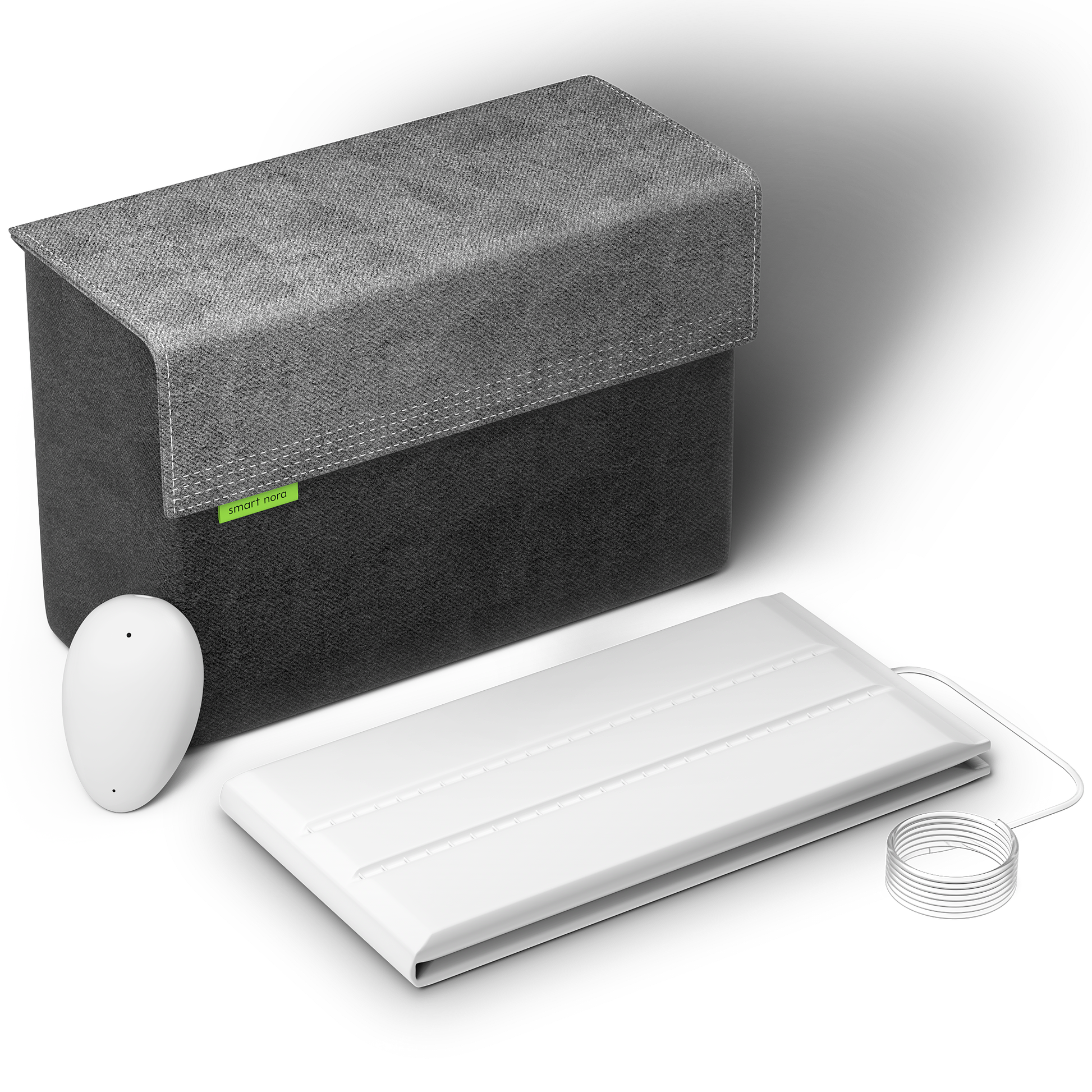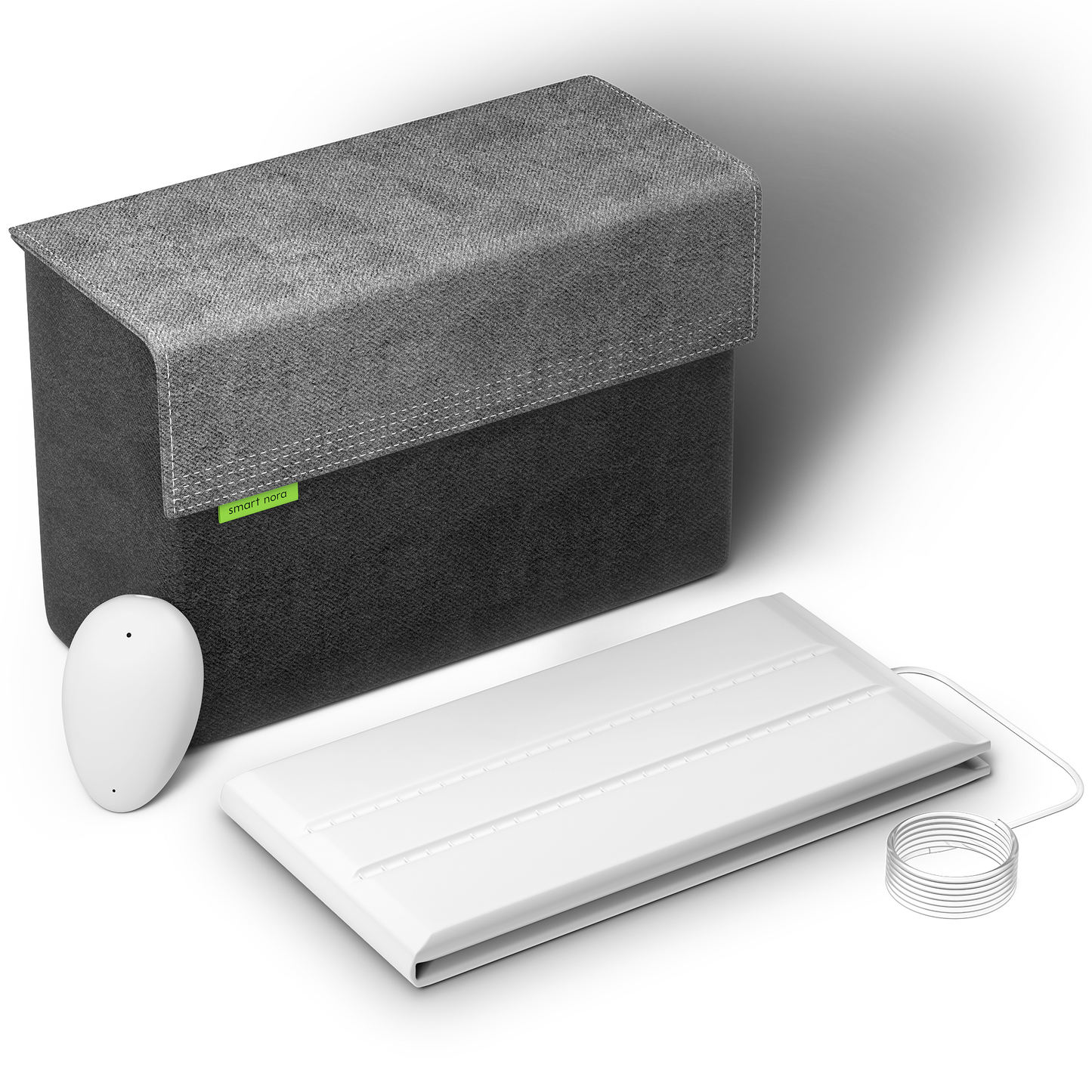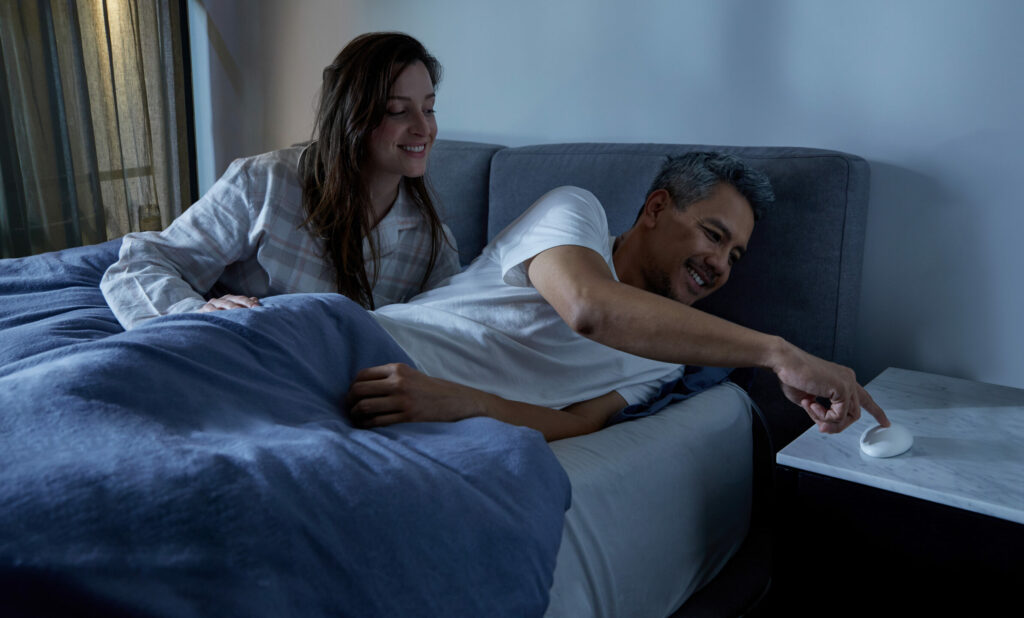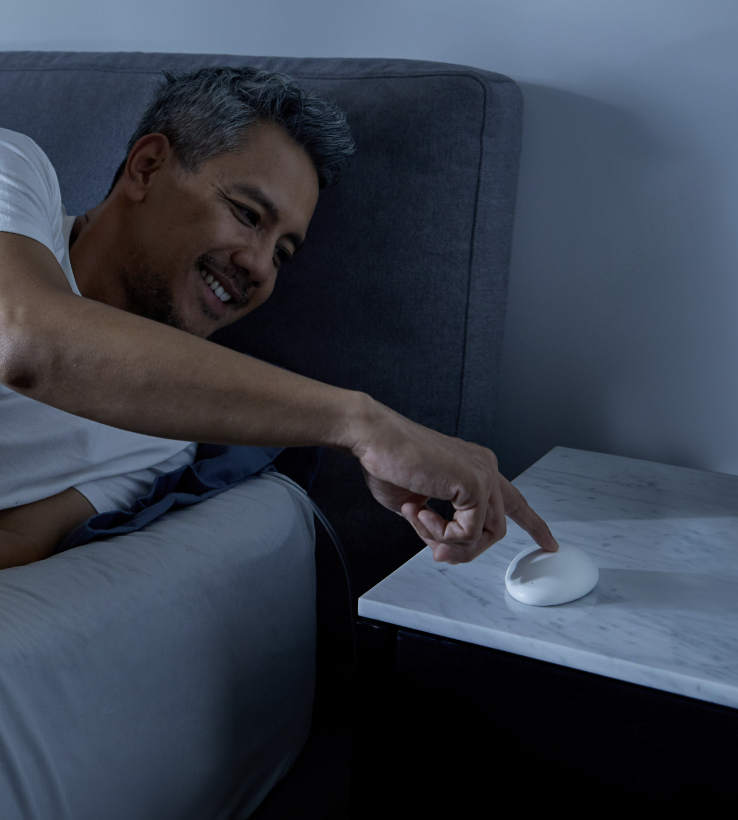Have you ever woken up disoriented, not knowing where you are? Or maybe you don’t remember the events of the previous night? If yes, then you might be suffering from parasomnia or one of its types. Although it is more common among children, adults face it as well. In some cases of parasomnia, you might also wake up to unfamiliar cuts and bruises on your skin.
The term ‘parasomnia’ describes a wide range of sleep problems that can interfere significantly with your ability to fall asleep, stay asleep, or wake up. The parasomniac and their bed partner may experience disruptive parasomnias, including erratic physical or verbal behaviors.
The challenging part is that you sleep through everything and don’t remember anything alarming in the morning. Sleepwalking, sleep terrors, eating disorders linked to sleep, confusional arousals, nightmares, night terrors, bedwetting, and sleep talking are the most prevalent parasomnias.
Continue reading to learn more about the symptoms, causes, types, and treatments of parasomnia so that you are aware of it, in case you experience it yourself or come across someone else suffering from parasomnia.
Symptoms of Parasomnia
Depending on the sleep cycle phase, you might experience distinct symptoms of parasomnia during various stages of sleep, like:
- Daytime sleepiness and feeling extremely tired.
- Sleep problems like not getting enough quality sleep or insomnia.
- Waking up confused about your surroundings, like not knowing where you are.
- Forgetting things or not remembering doing something the night before.
- Finding strange bruises or cuts on your body.
Causes of Parasomnia
Issues that interfere with sleep, as well as other general health problems, might contribute to parasomnia. Some causes that can prevent you from falling asleep and result in parasomnia include:
- Stress and Anxiety: Stress and anxiety play a significant role in developing several parasomnias, including sleepwalking, night terrors, eating disorders associated with sleep, sleep paralysis, and others.
- Alcohol: Drinking right before bed is known to have a sedative effect, which increases wakefulness and fragments your sleep, eventually leading to parasomnia. According to a study, alcohol was found to cause 14% of parasomnia episodes. According to another investigation, alcohol was found to be a precipitant for aggressive sleep activities in 12% of sleepwalkers.
- PTSD: The parasomnia known as nightmare condition is usually linked to post-traumatic stress disorder (PTSD). Nearly half of those with PTSD experience nightmares for at least two to three months following the trauma.
- Age: Since parasomnias like bedwetting and sleepwalking frequently occur during childhood, age would undoubtedly play a significant role.
- Irregular Sleep Schedule: Parasomnia may also occur when you don’t follow a regular sleep and wake routine. Your sleep schedule might be inconsistent if you travel frequently – jet lag could lead to that. Additionally, shift workers with shifting schedules, particularly those who work at night, are susceptible to it.
- Medications: Regardless of how helpful your medications are, some could cause parasomnia as a side effect. Numerous drugs have been linked to parasomnia, including beta-blockers, statins, selective serotonin reuptake inhibitors, and nicotine replacement therapy. Recently, reports of atypical antipsychotics (medicines to treat psychotics) have been found to affect parasomnia.
Types of Parasomnia
The unsettling condition known as parasomnia might strike you right before bed, while you’re asleep, or when you wake up.
Parasomnias that happen during REM sleep include:
The three non-REM sleep stages are followed by rapid eye movement (REM) sleep. During REM sleep, your heart rate, respiration, and blood pressure all rise as your eyes move quickly under your eyelids.
- Recurrent Isolated Sleep Paralysis: You will be awake during a sleep paralysis episode but unable to speak or move. You might even occasionally see items that aren’t there. You’ll get the impression that you’re awake and may be able to move, but you won’t be able to. According to certain studies, 7% of people may go through an episode of sleep paralysis at some point. But sleep paralysis attacks happen often and frequently in patients with RISP (Recurrent Isolated Sleep Paralysis). People with RISP may even experience anxiety or panic when sleeping.
- Nightmares: If you have a nightmare problem, you’ll frequently suffer vivid, recurrent dreams that interfere with your sleep. A tiny percentage of kids who have gone through a lot of psychological stress may develop nightmare disorders, albeit it’s more likely to happen to adults. You’ll experience incredibly terrible and vivid dreams that make you feel afraid or uneasy. It is more likely to occur if you are stressed or have recently been through a traumatic situation.
- REM Sleep Behavior Disorder: Also known as dream-enacting behavior, a sleep disorder known as rapid eye movement (REM) sleep behavior disorder causes you to physically play out vivid, frequently unpleasant dreams while you are in REM sleep. In a typical cycle, the commencement of the REM sleep phase occurs ninety minutes after falling asleep. You should remember that nearly every action you can carry out while awake is theoretically capable of happening during a sleep behavior. This includes sending text messages while using your phone, making plans, scaling a building, or even jumping off a roof!
Parasomnias that happen during Non-REM sleep include:
The first three stages of sleep, or non-rapid eye movement (non-REM) sleep, last from when you initially fall asleep until around the middle of the night.
- Night Terrors: Similar to nightmares, night terrors, also known as sleep terrors, typically occur during deep sleep. You abruptly awaken from sleep feeling afraid and perplexed. You are mute and unresponsive to voices. You may not appear to be totally awake. The average length of a nightmare is 15 minutes, after which you’ll most likely go back to sleep. Additionally, you probably won’t recall it the following morning.
- Sleep Walking: When you appear to be awake while actually sleeping, you are said to be sleepwalking. You won’t remember it the next day. The most frequent time for sleepwalking is early in the night, during a period of deep non-REM sleep. It can also take place during the early morning hours of REM sleep. Most of the time, kids between the ages of five and twelve have this parasomnia. As kids approach their adolescent years, it usually comes to an end. Sleepwalking alone can be dangerous since the person is disoriented and may trip or run into objects.
- Sleep-related Eating Disorder: The eating condition known as night eating syndrome makes sufferers wake up during the night to eat, and then, fall back asleep. People with sleep-related eating disorders (SRED) eat while asleep and frequently have little or no recall of eating the following day. SRED often coexists with other sleep problems such as restless leg syndrome. SRED can be brought on by several drugs, particularly sedatives used to treat sleeplessness.
Treatments and Safety Tips for Parasomnias
By merely altering their sleeping patterns, many parasomnias experience a reduction in their symptoms. Maintaining a regular sleep schedule, controlling stress, having a soothing nighttime routine, and getting enough sleep are all examples of good sleep habits.
- Medications: Medication can help you control your parasomnia, whether persistent or regular. Your symptoms will determine the best option. On the other hand, if a specific medicine is the real cause of your symptoms, your doctor may suggest switching to a different prescription. Never begin taking any medicine without first talking to your doctor.
- Seek Therapy: Parasomnia is often caused by stress and anxiety, so you should consider seeking therapy, especially cognitive behavioral therapy which is a common treatment for parasomnia. You could also try hypnosis, relaxation therapy, and psychotherapy.
- Consult a Doctor: While it’s natural to encounter a sleep disturbance occasionally, particularly in times of high stress, some signs necessitate emergency medical attention. If your sleeping habits can harm you or others, make sure to see a doctor.
- Have a Consistent Schedule: Make sure you follow a proper wake-sleep cycle instead of having an inconsistent sleeping pattern. Going to bed and waking up at the same time every day might help you with sudden awakenings and disoriented mornings.
If you don’t suffer from parasomnia but live with someone who does, make sure to make the environment as safe as possible for them. You can do that by following some of these points:
- Pad the bedroom furniture to remove the edginess.
- Remove all sharp objects from the individual’s vicinity.
- Install alarms to ensure the individual doesn’t leave the house at night.
- Try not to share a bed with someone suffering from parasomnia until they’re treated.
- Make sure that when the individual falls asleep, they are not awakened by unusual sounds like a snoring partner. To help with that, you can invest in Smart Nora, a smart anti-snoring device that will readjust the position of your pillow as soon as it detects any snoring sounds and will let you have a sound sleep.
You Can Live With Parasomnia
Although some causes of parasomnias, such as those caused by neurological illnesses, mental health conditions, or inheritance, are less likely to be prevented, adhering to some of the same treatment strategies outlined in this article can control others.
These include reducing alcohol and recreational drug usage, getting seven to nine hours of sleep each night, and maintaining a regular bedtime and wake-up schedule.
If you or a family member exhibits any unusual sleep-related behaviors, particularly those connected to accidents or sleep disruption, you should consult your doctor.














